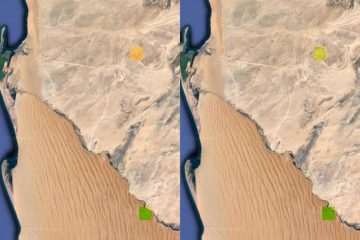Earth Sciences (also referred to as Geosciences), which deals with basic issues surrounding our planet, plays a vital role in the area of energy and raw materials supply.
Earth Sciences comprises subjects such as geology, geography, geological informatics, paleontology, mineralogy, petrography, crystallography, geophysics, geodesy, glaciology, cartography, photogrammetry, meteorology and seismology, early-warning systems, earthquake research and polar research.

Wits University (University of the Witwatersrand, Johannesburg, South Africa) PhD student, Willem Kruger's study on the state of magma within plutonic magmatic…

A new study led by ecohydrologists at IUPUI has shown for the first time that it's possible to use satellite data to measure the threat of climate change to…

Methane is one of the most potent greenhouse gases. How and where it reaches the atmosphere and which processes can prevent this, are therefore important…

The research, published in Proceedings of the National Academy of Sciences (PNAS), used fossils to reconstruct global oceanic biodiversity patterns for the…

“One of the major lower mantle compositions, ferropericlase (Mg,Fe)O, turns into a pyrite-type structure upon meeting water. This intriguing chemical reaction…

For the first time, seismologists can characterize signals as a result of some industrial human activity on a continent-wide scale using cloud computing.